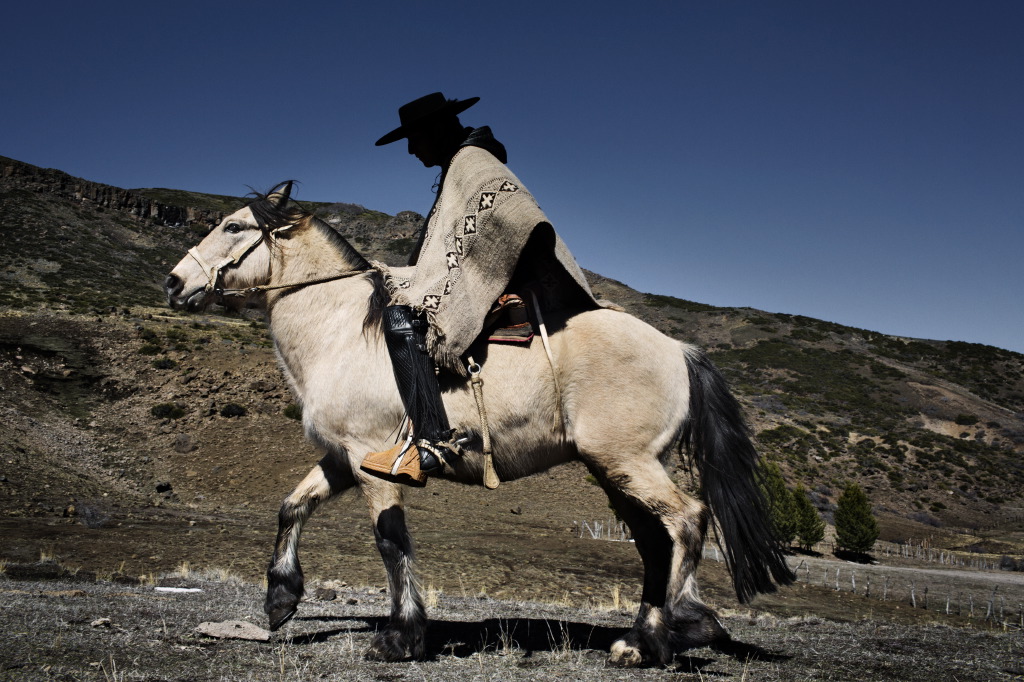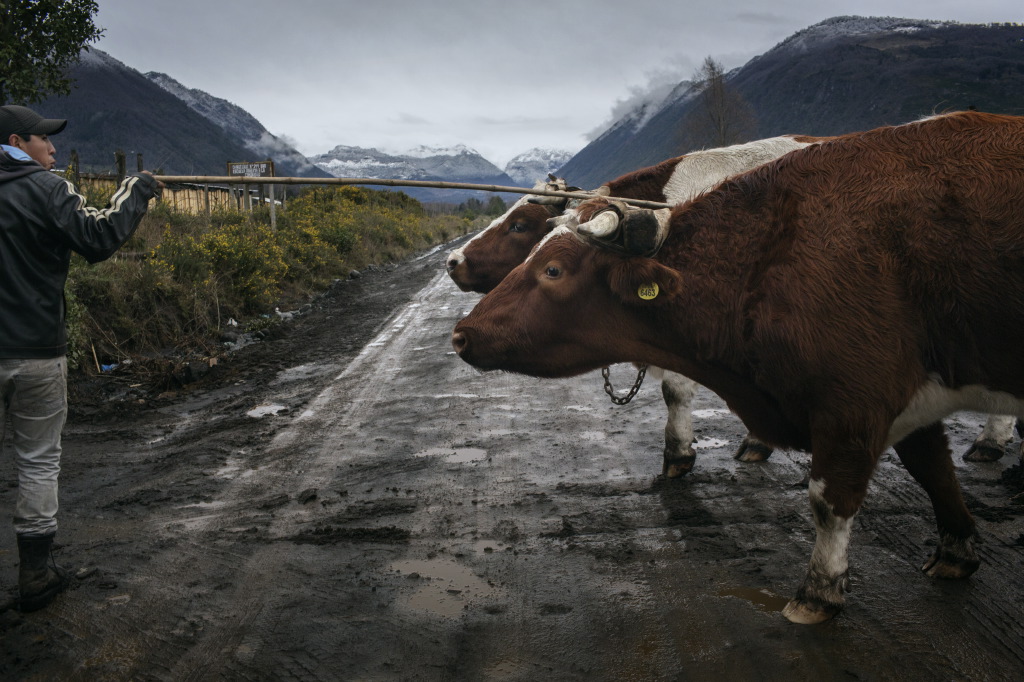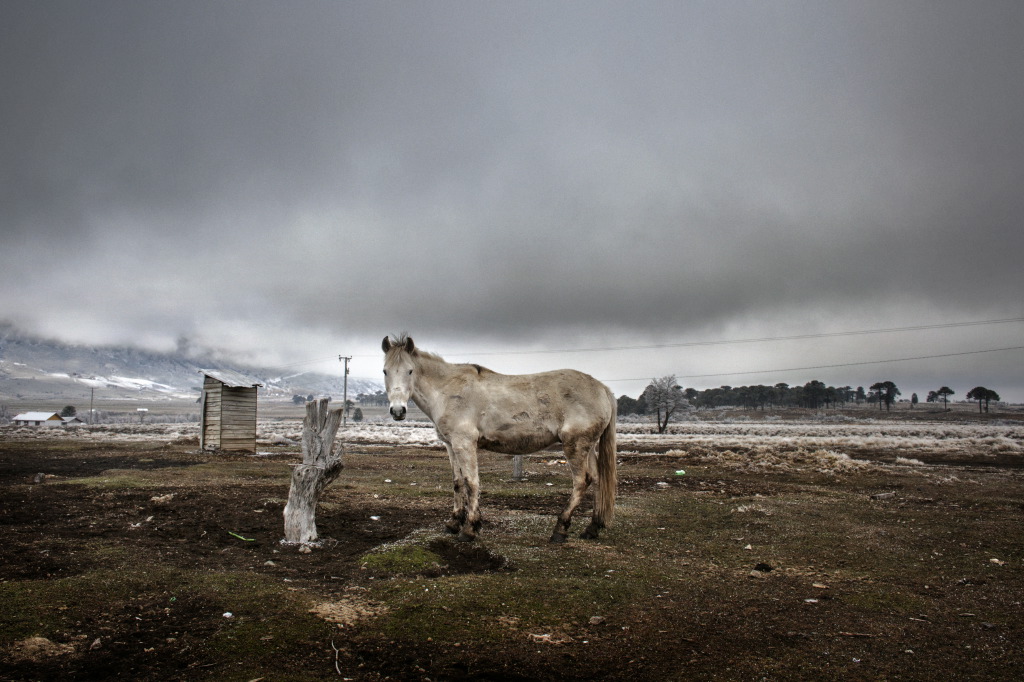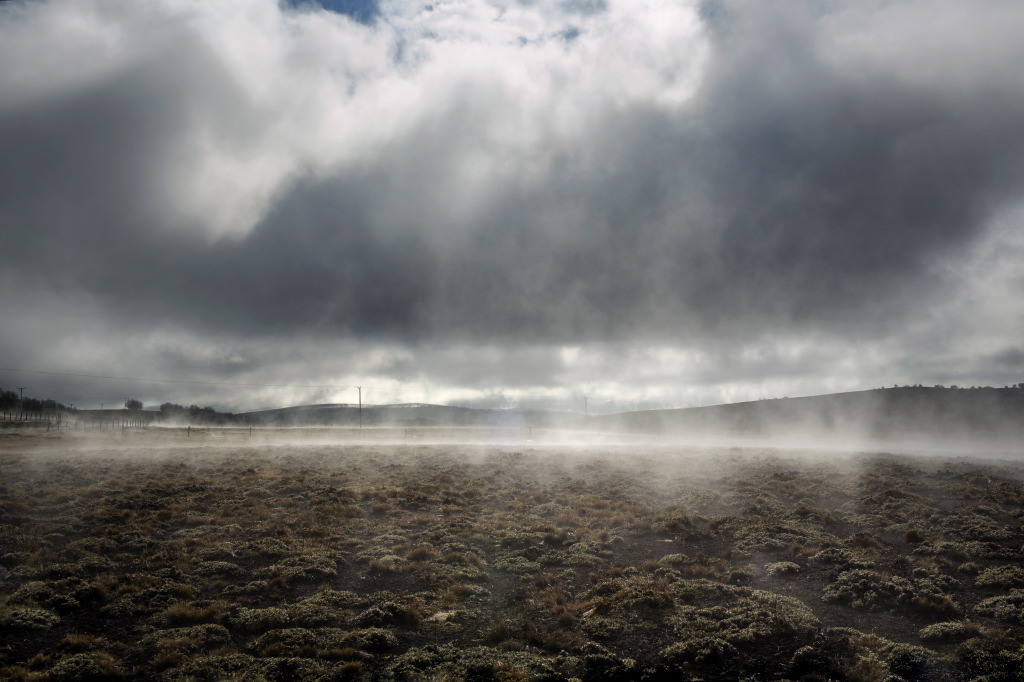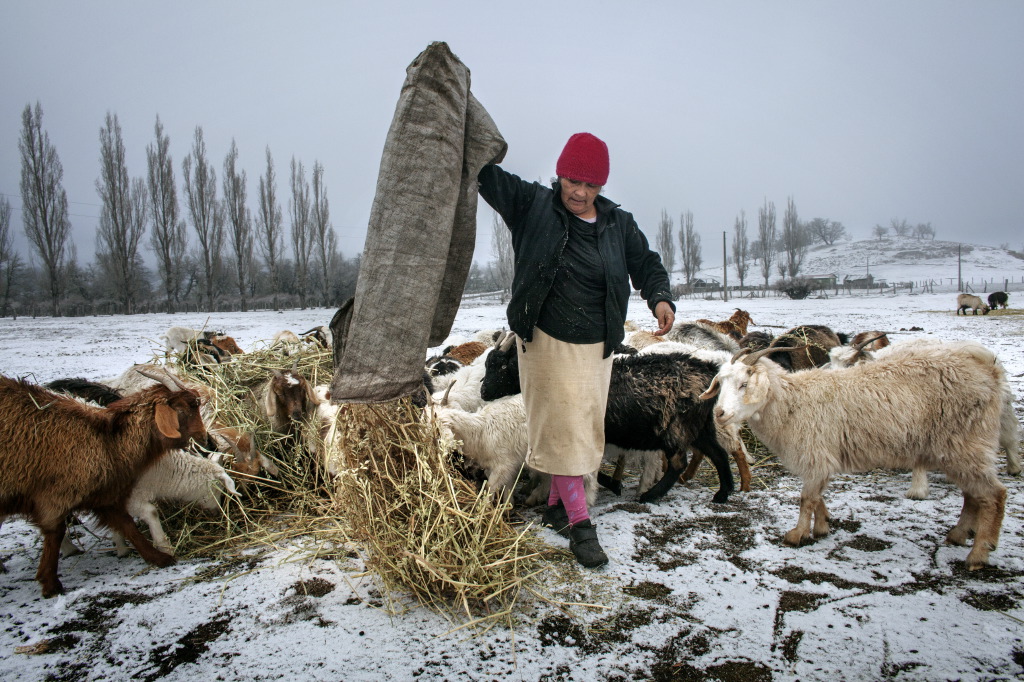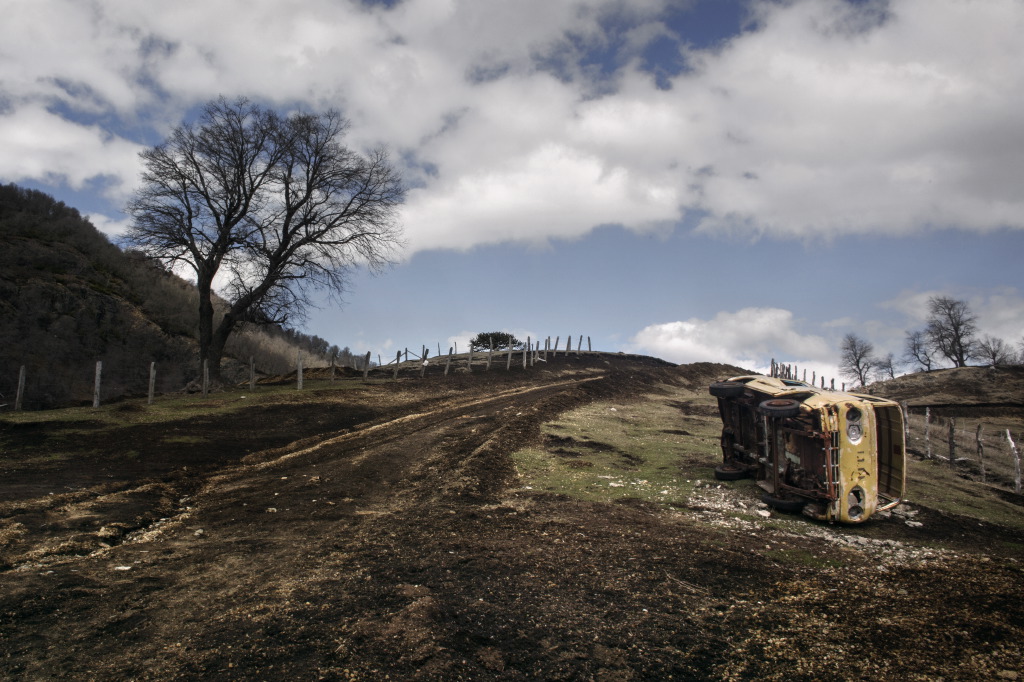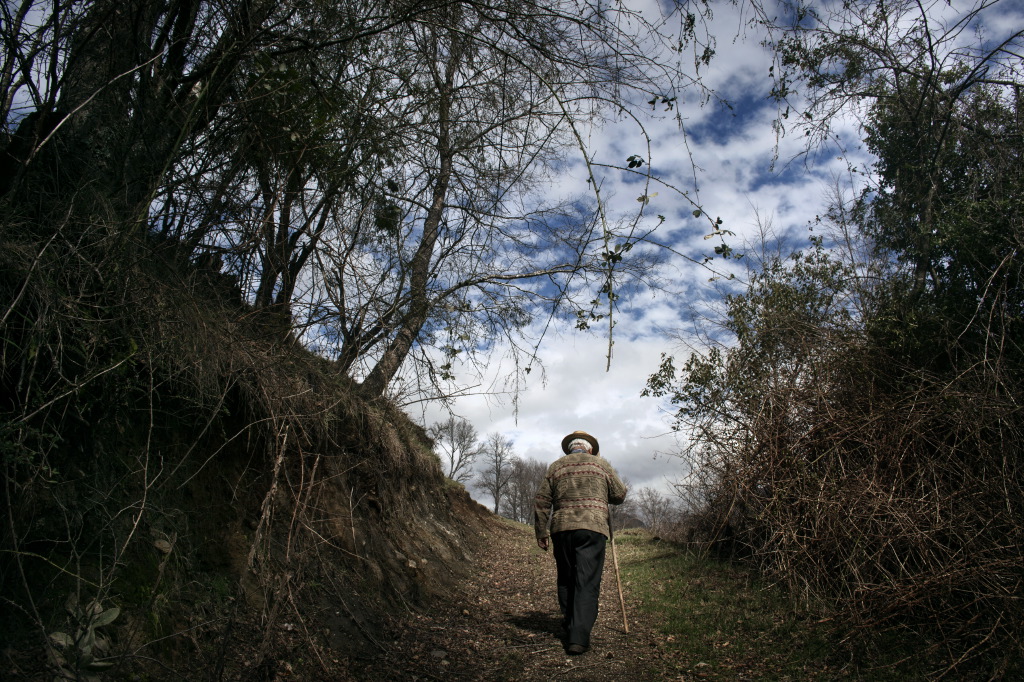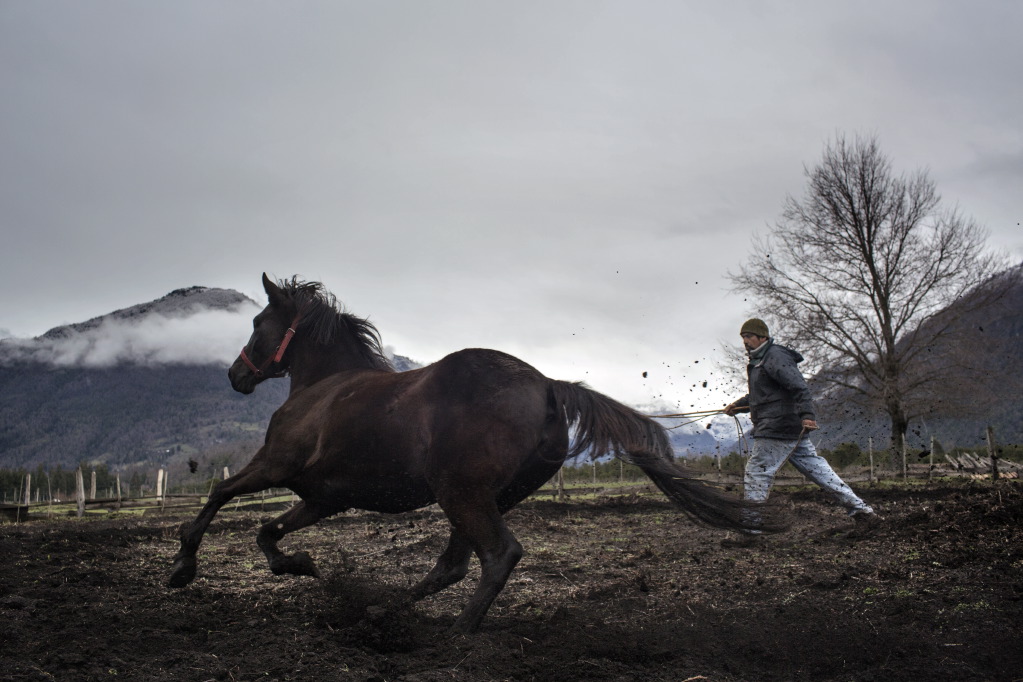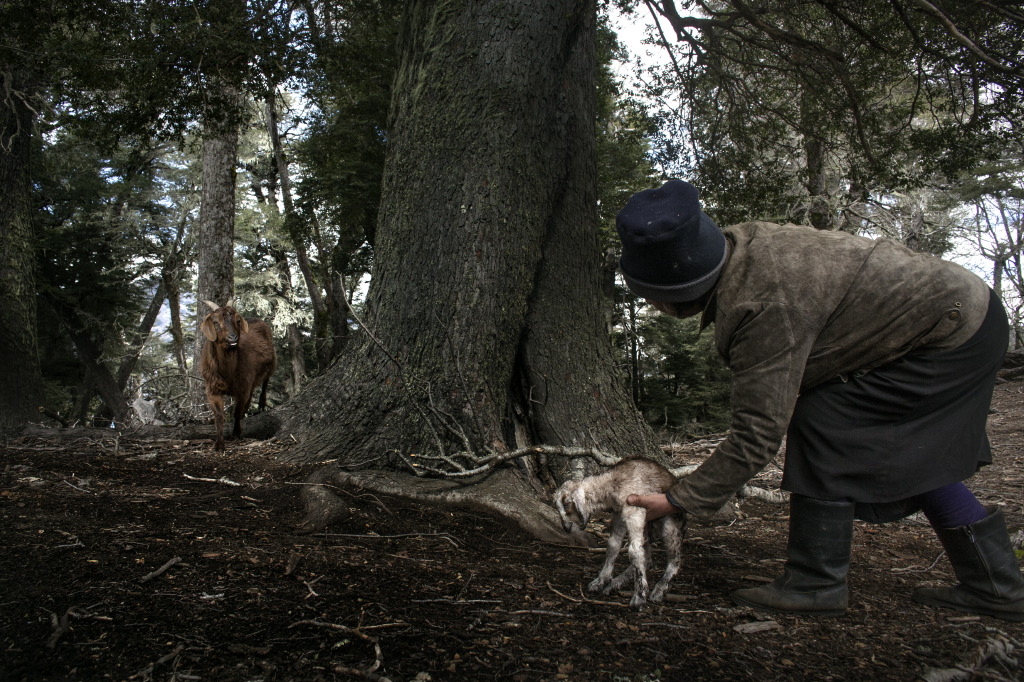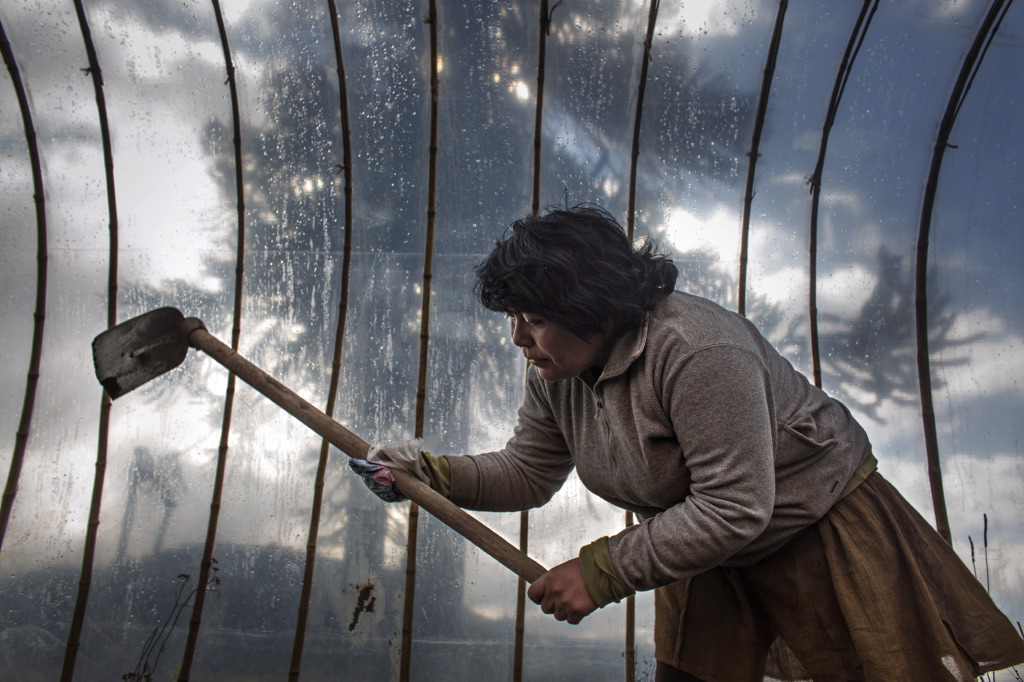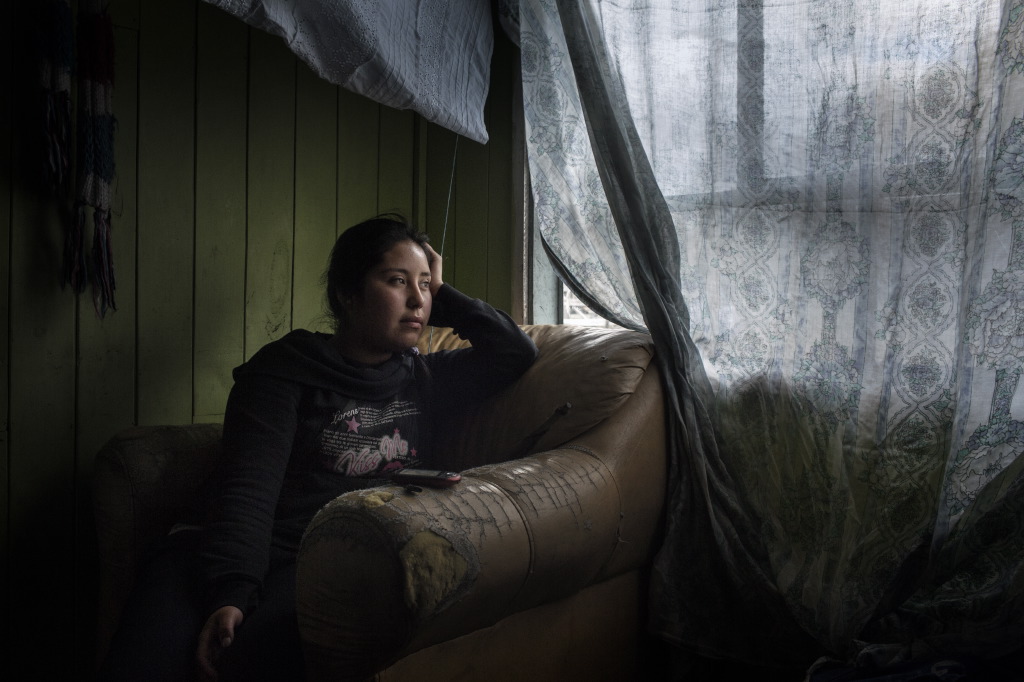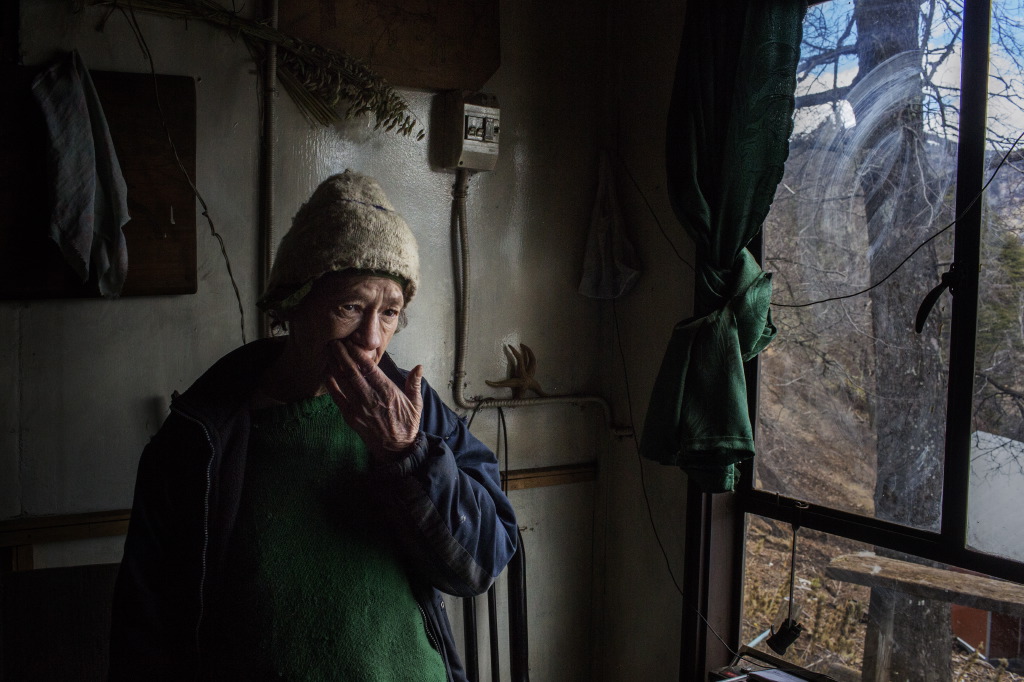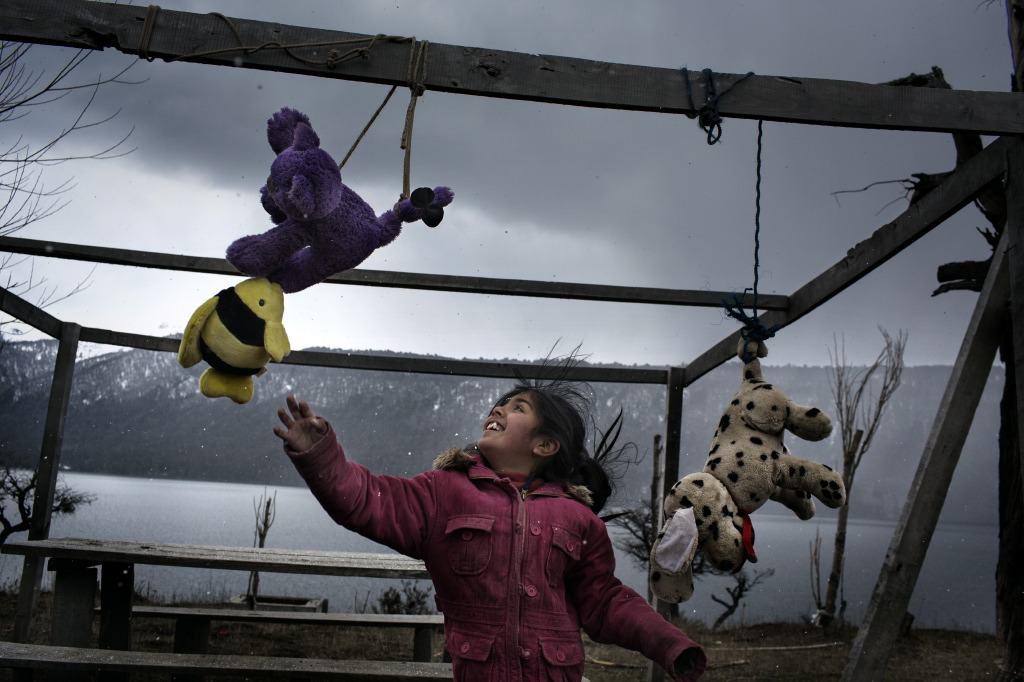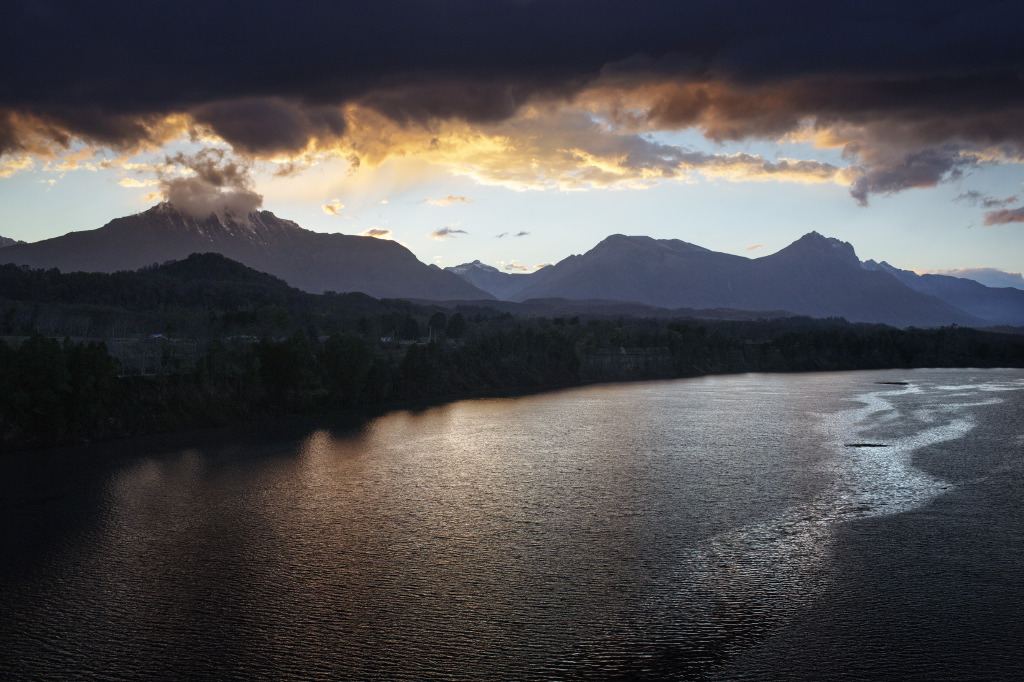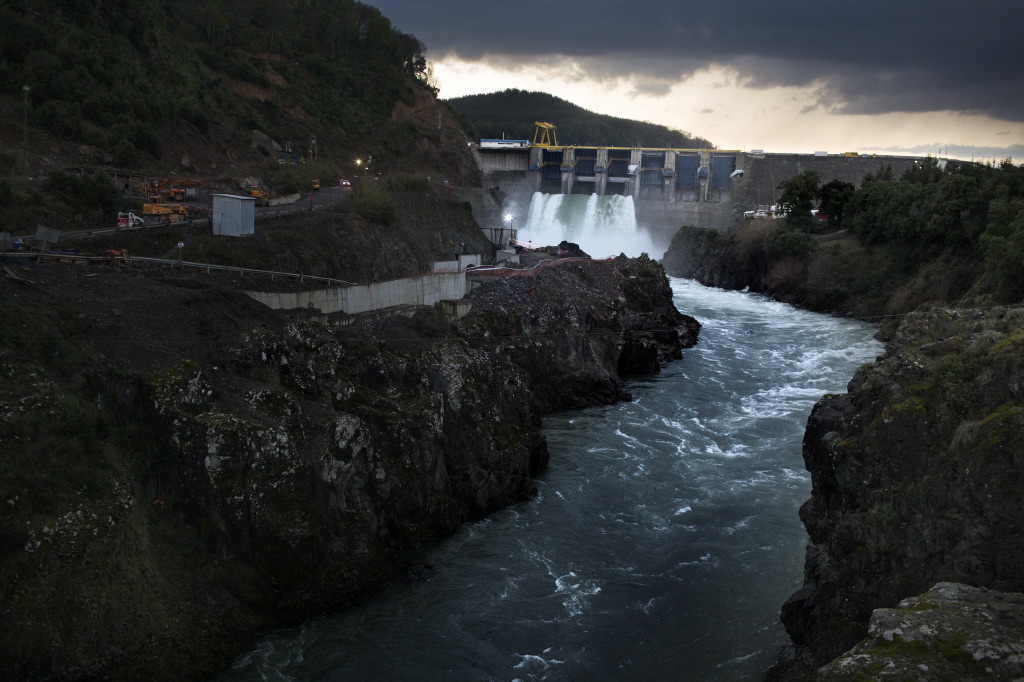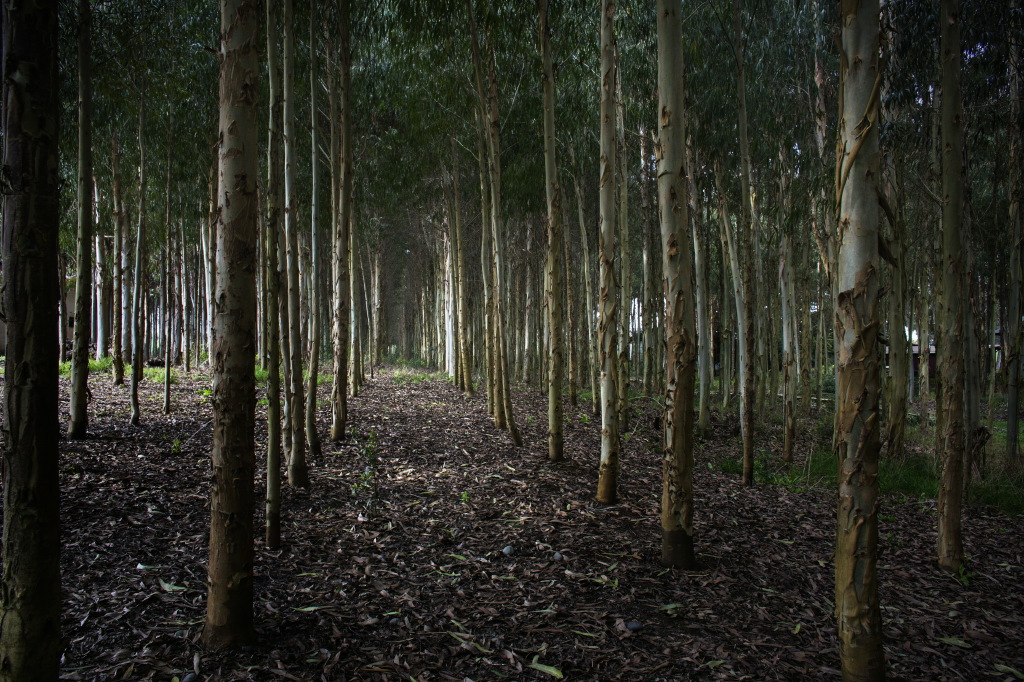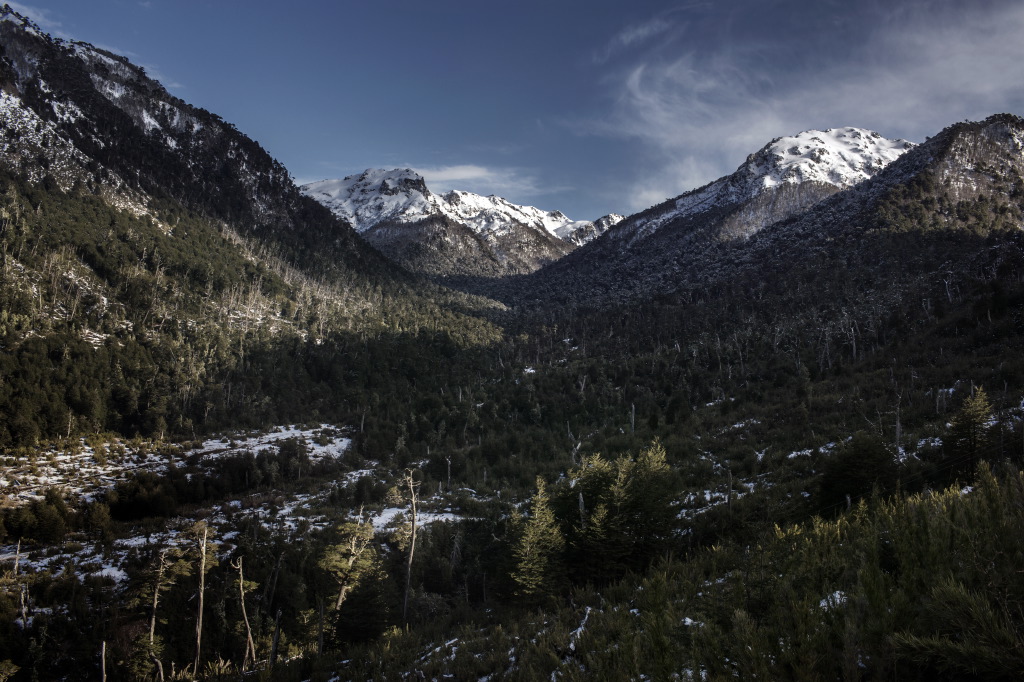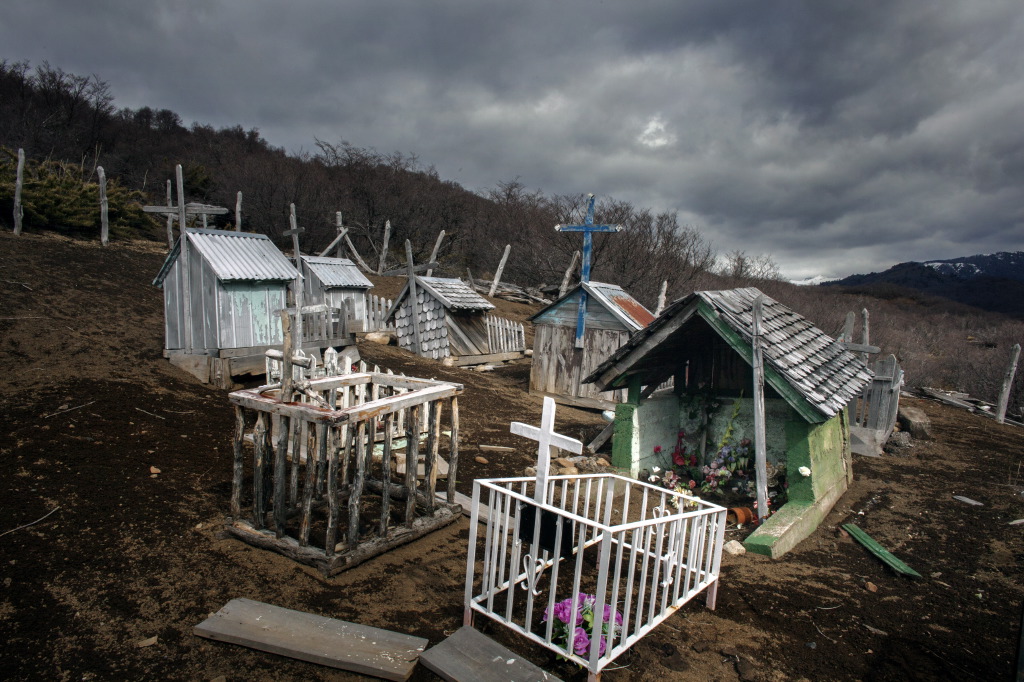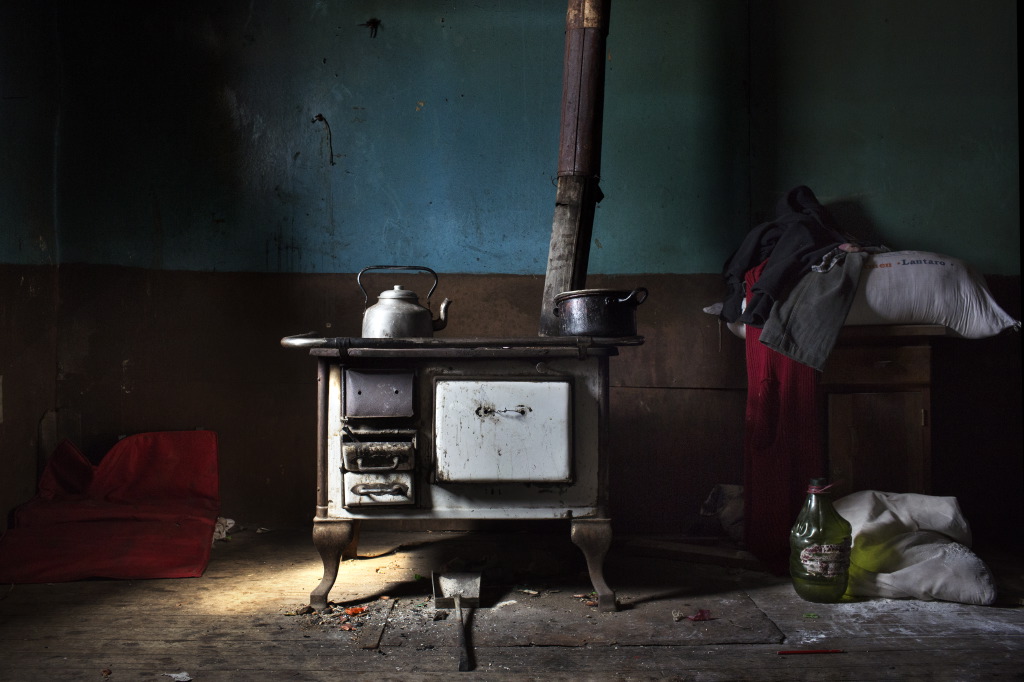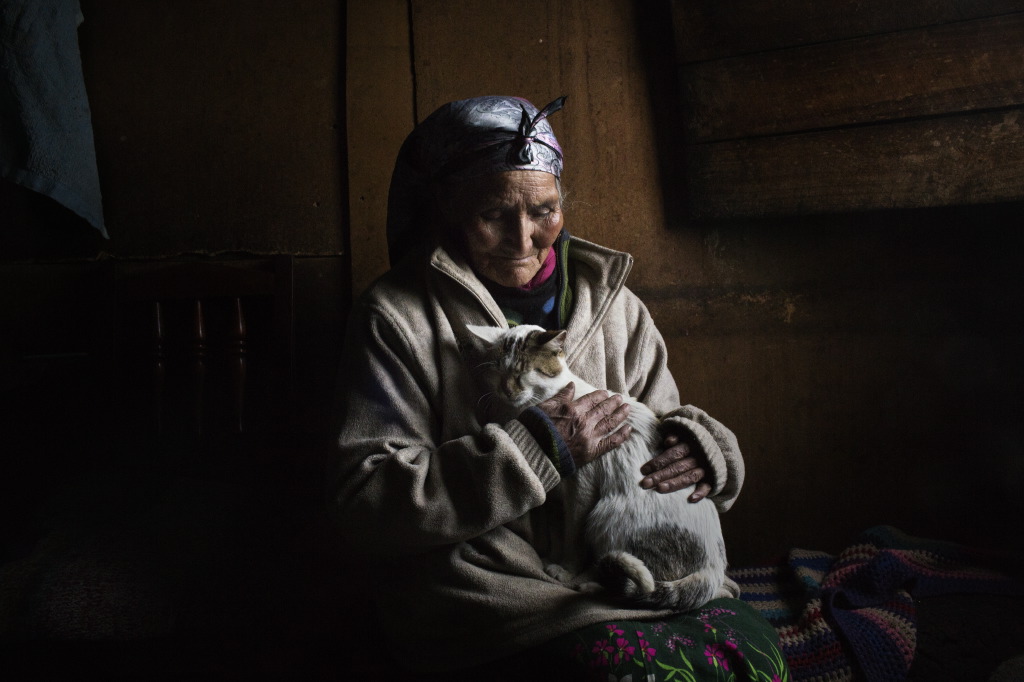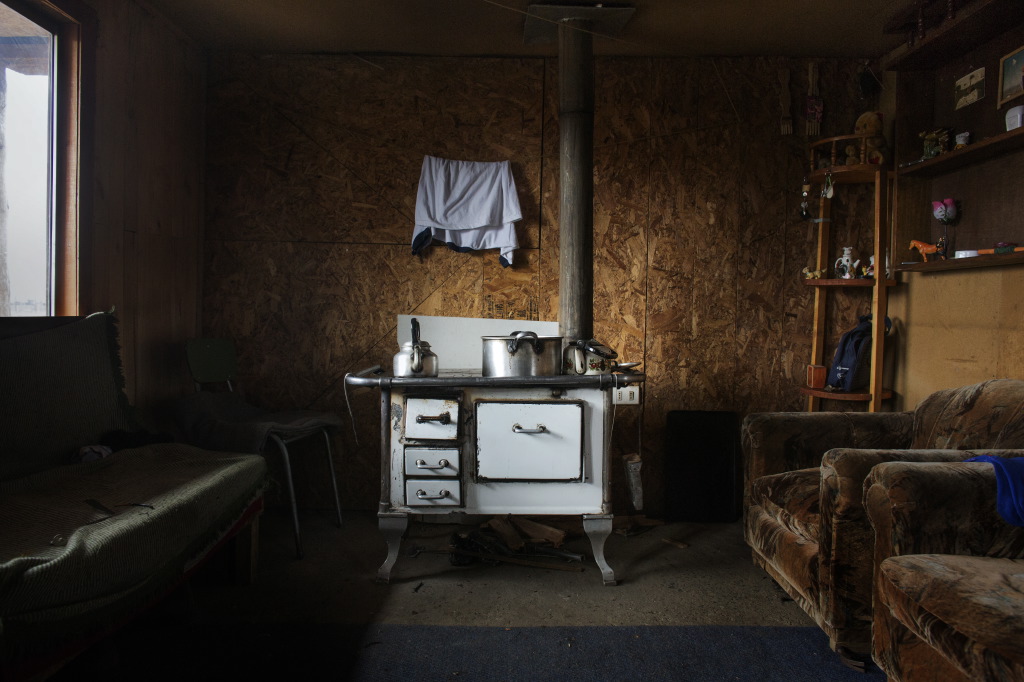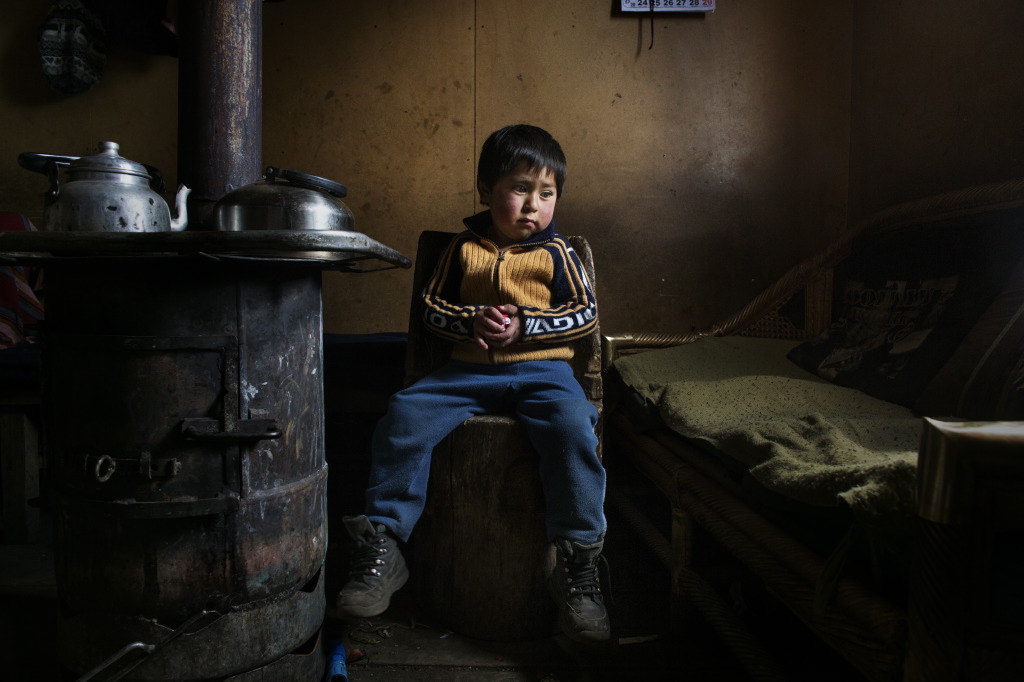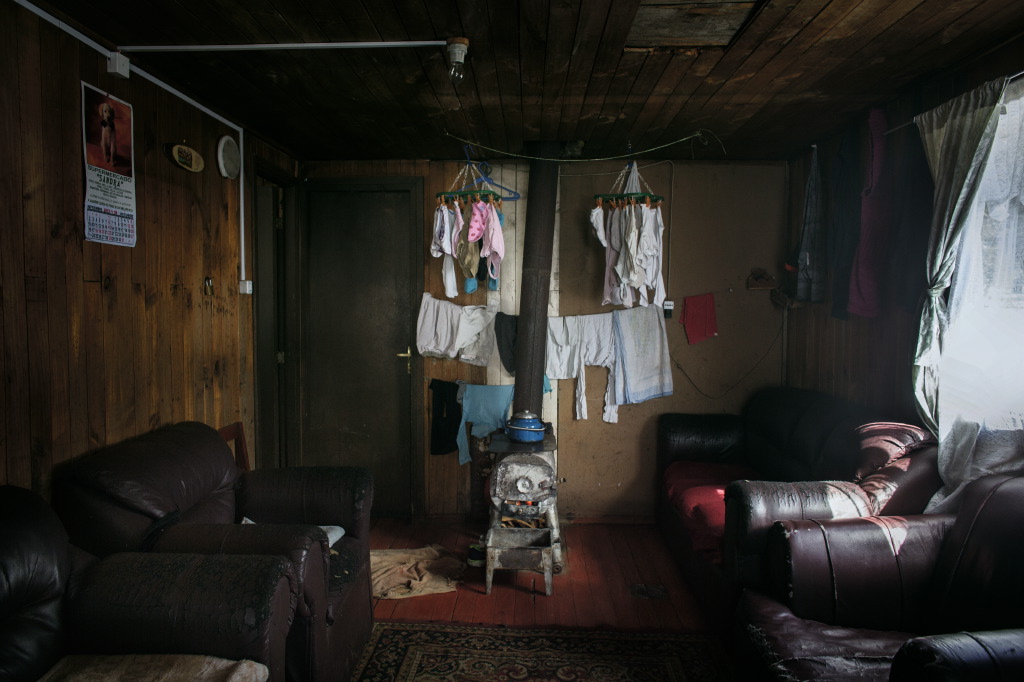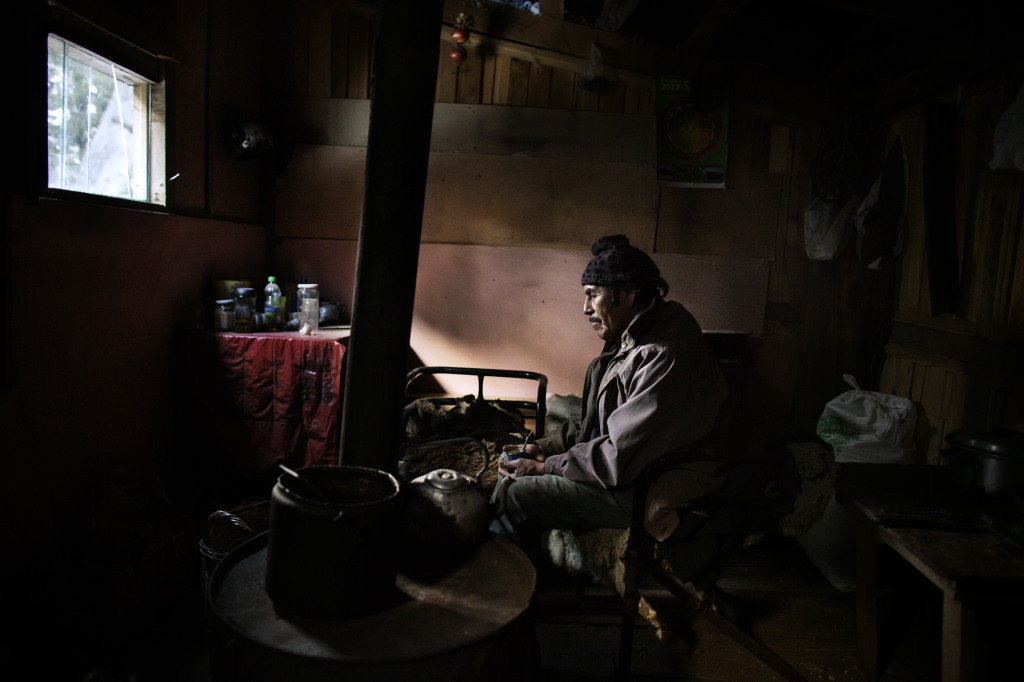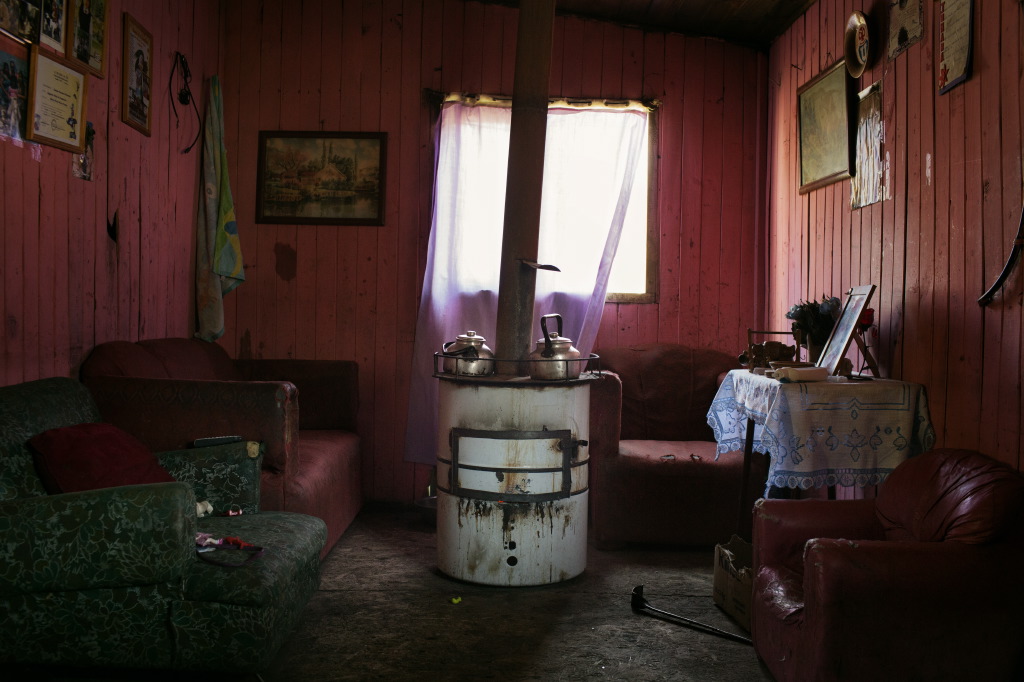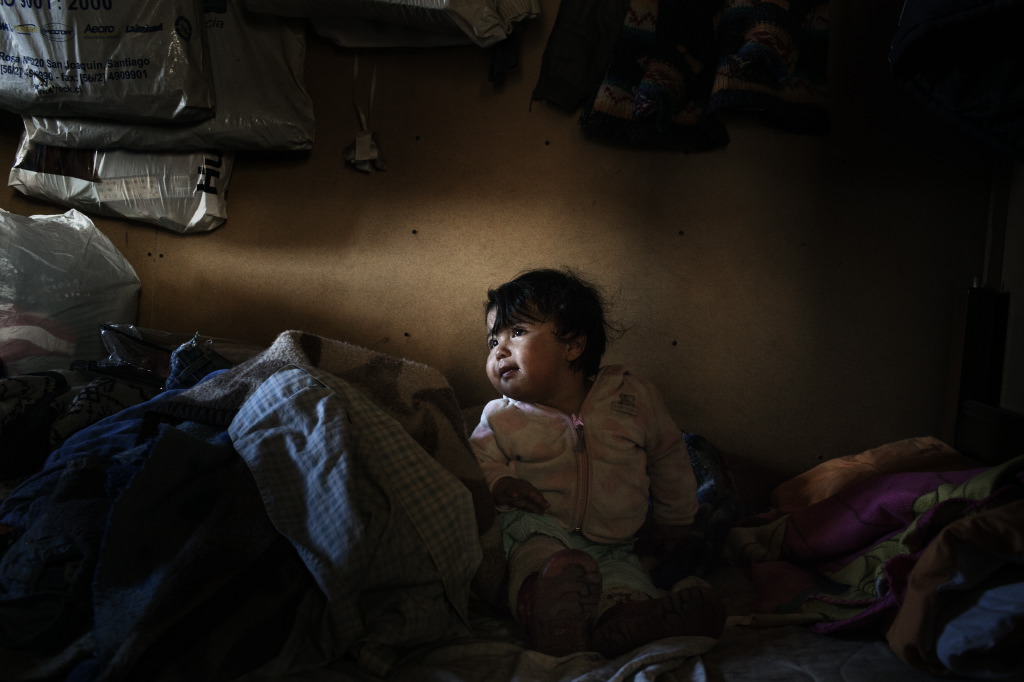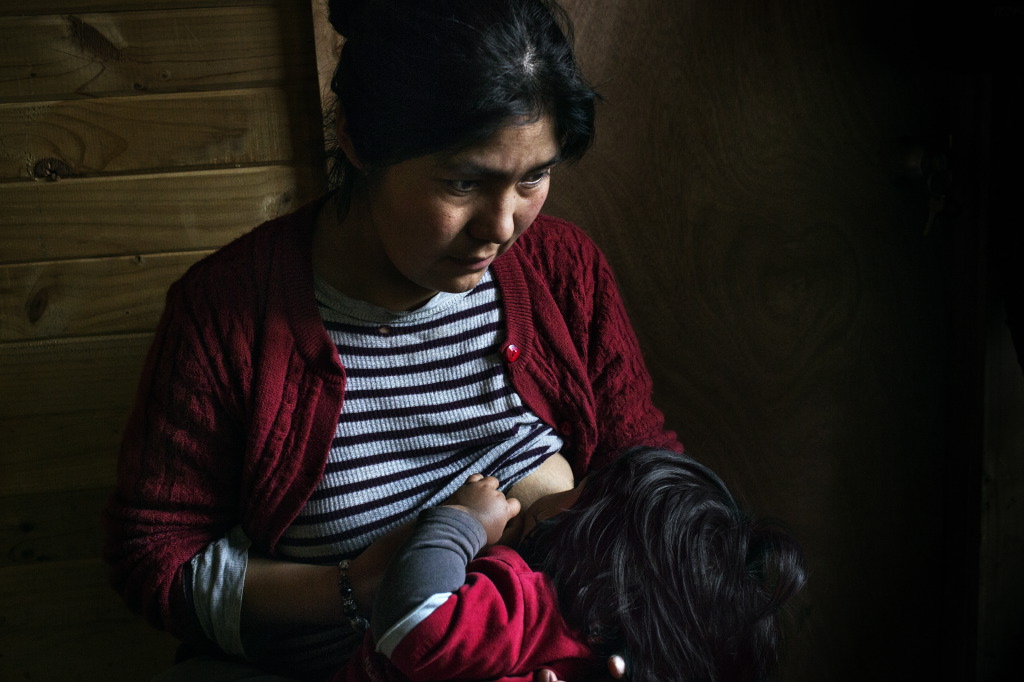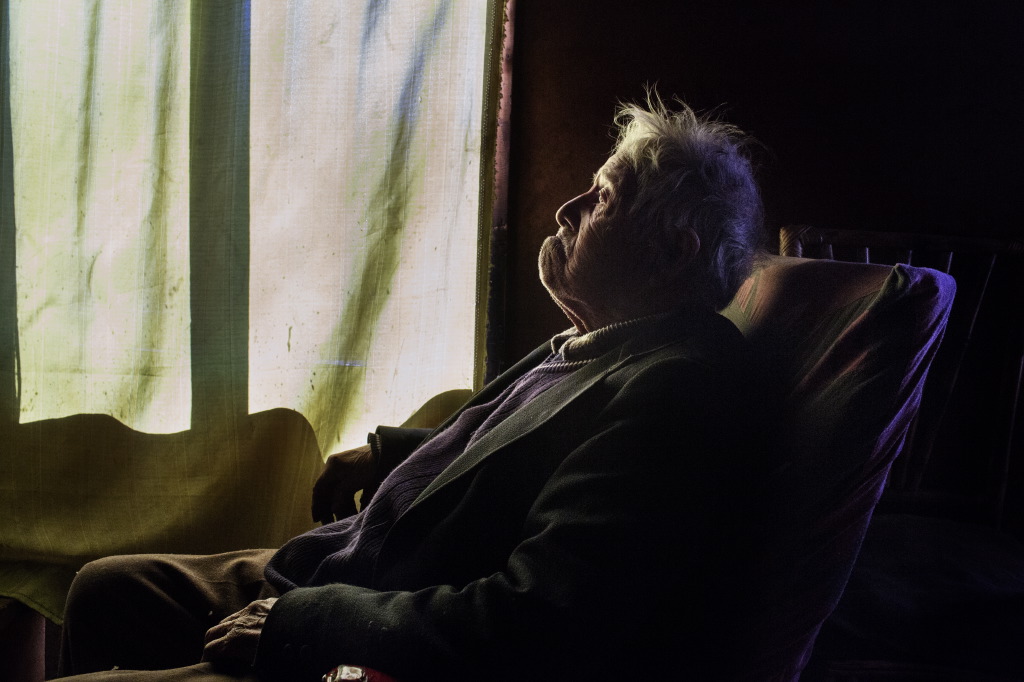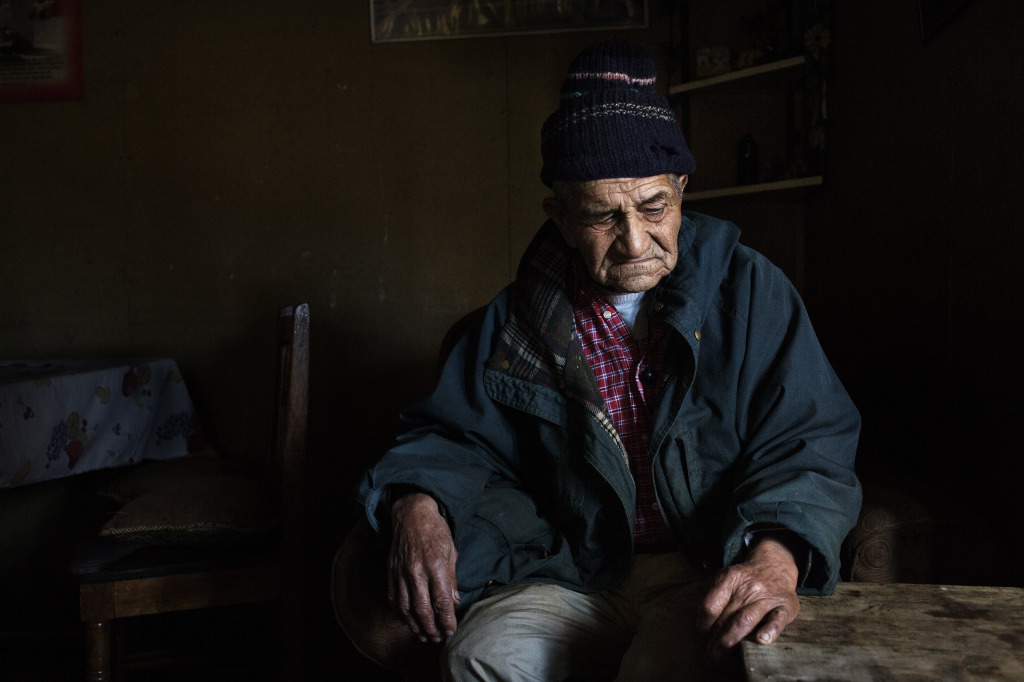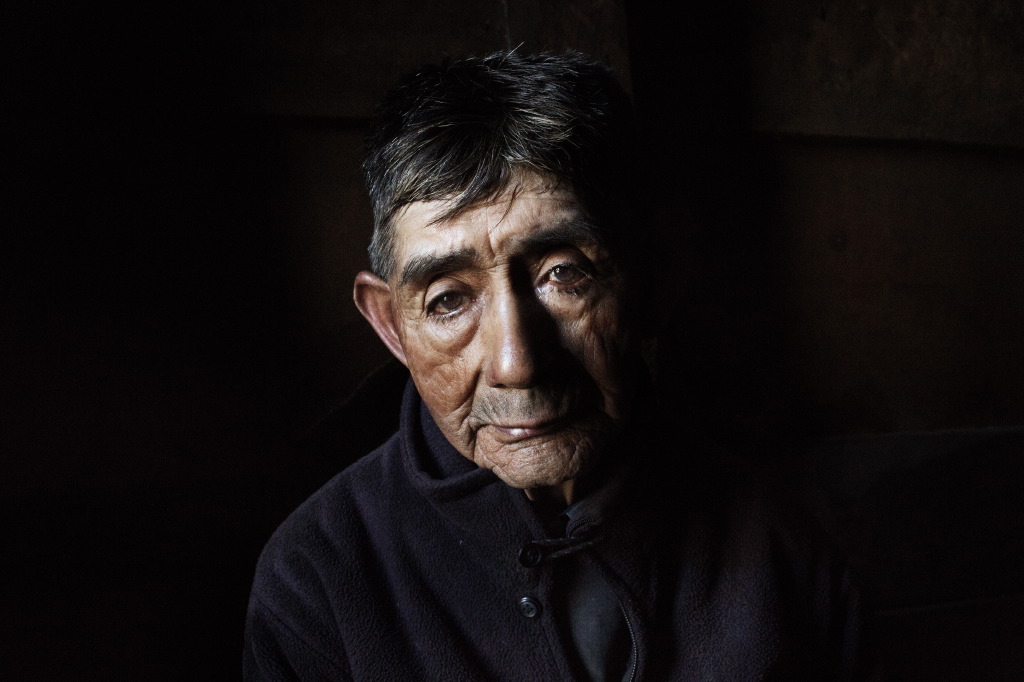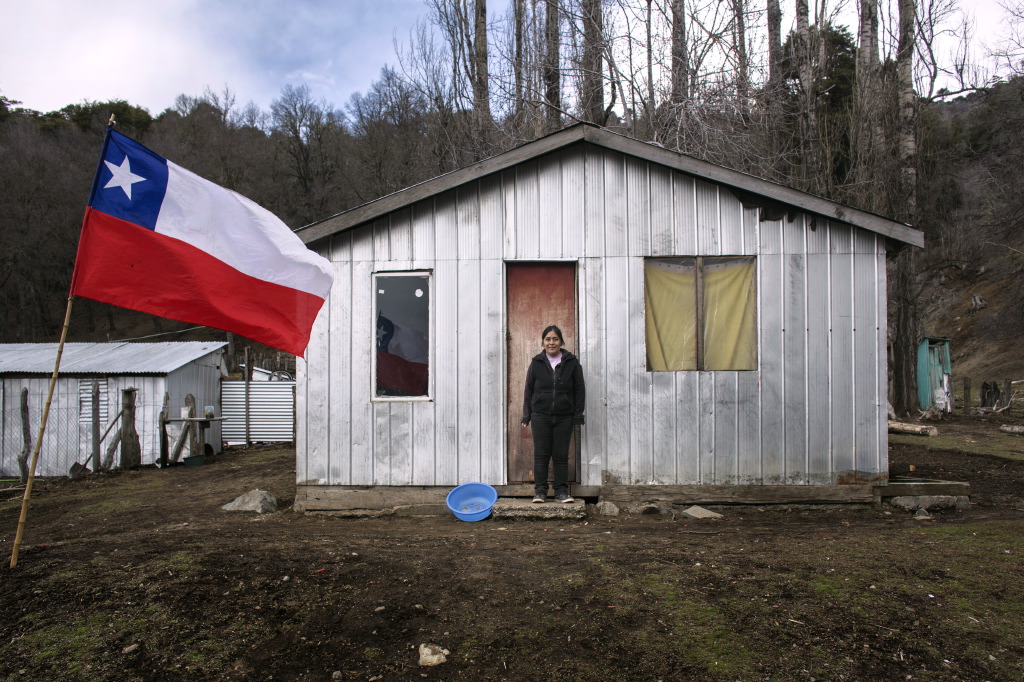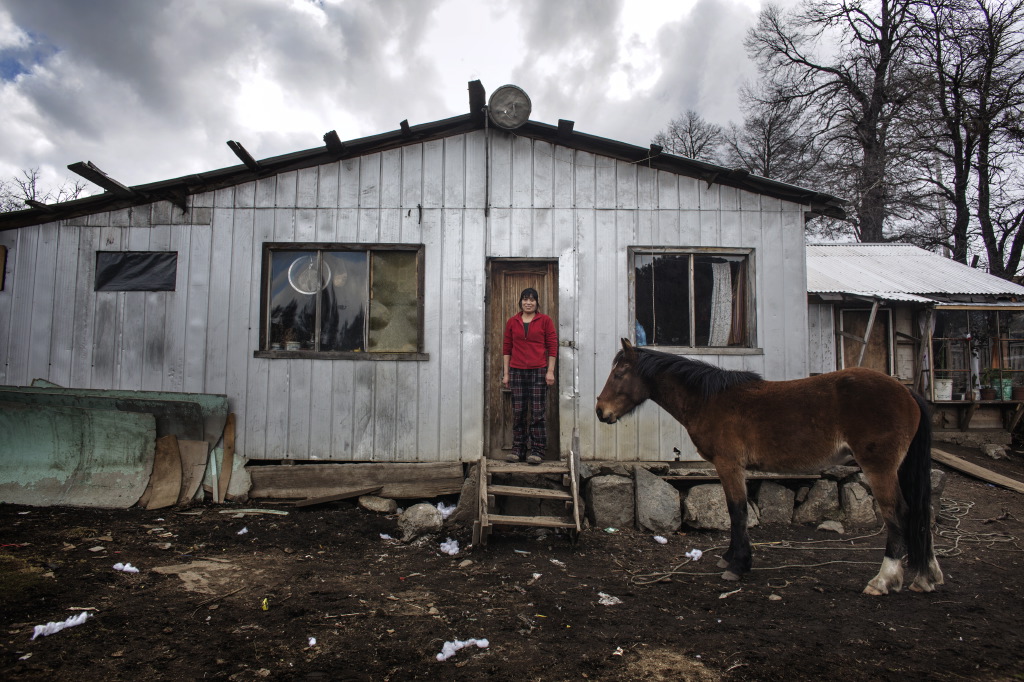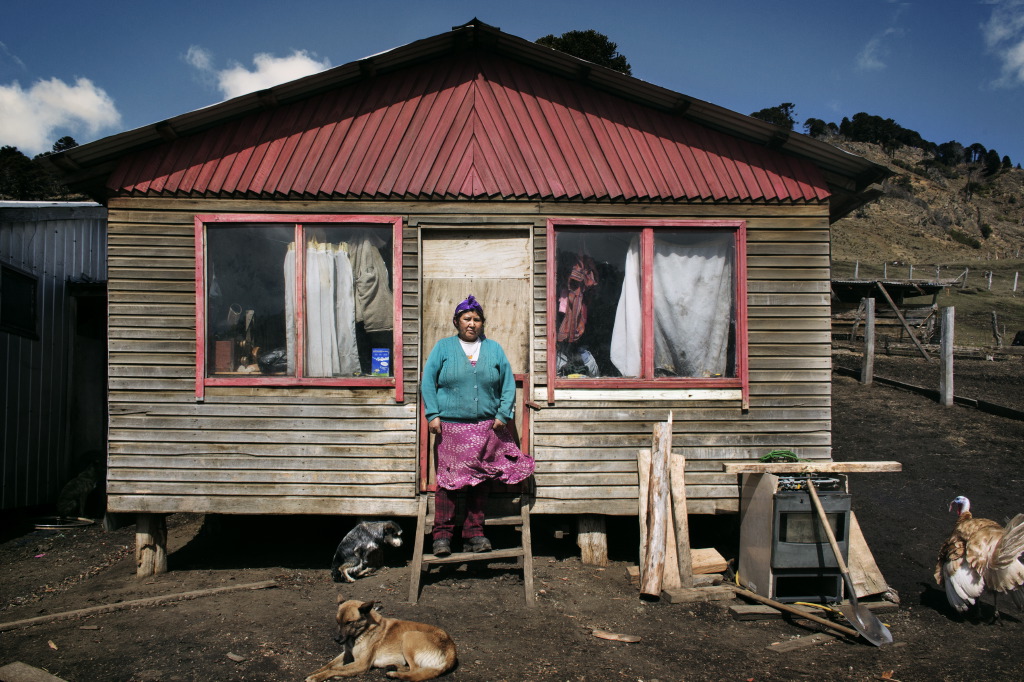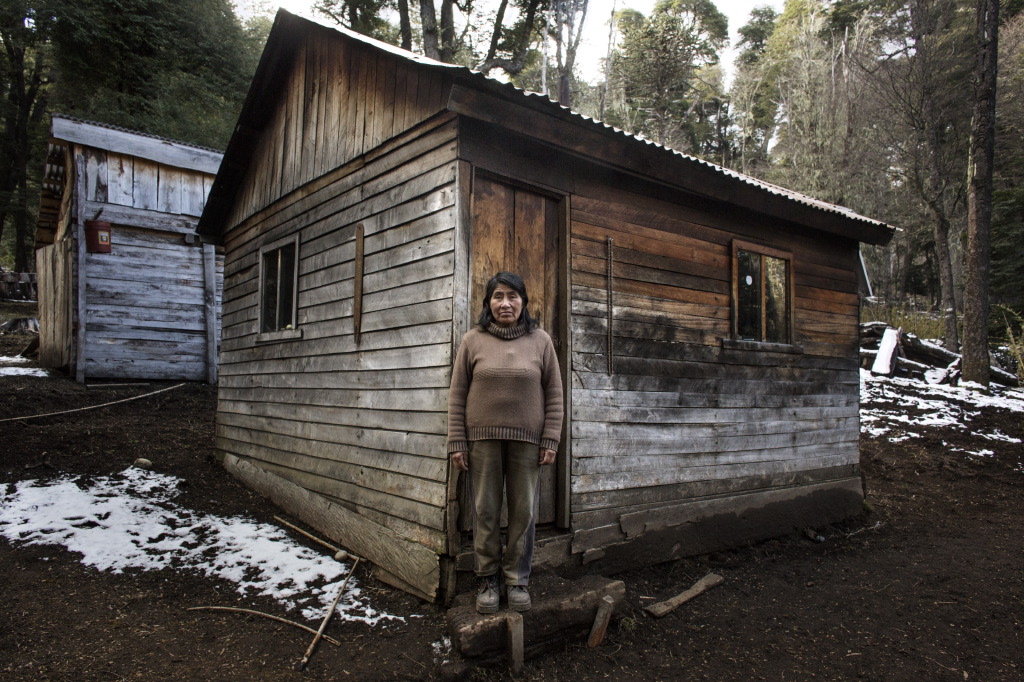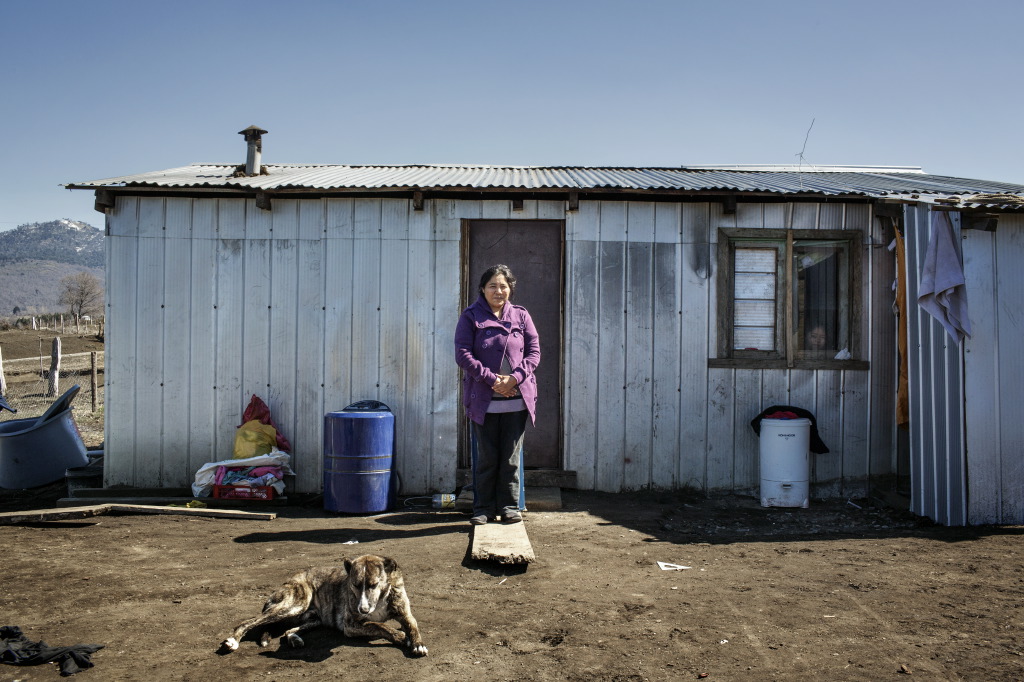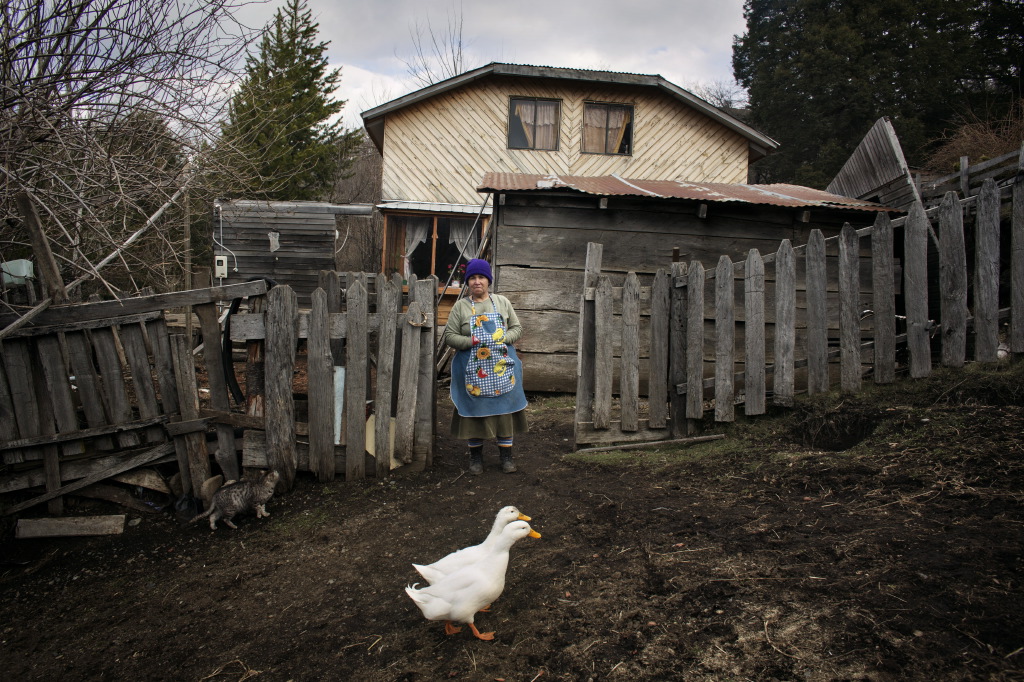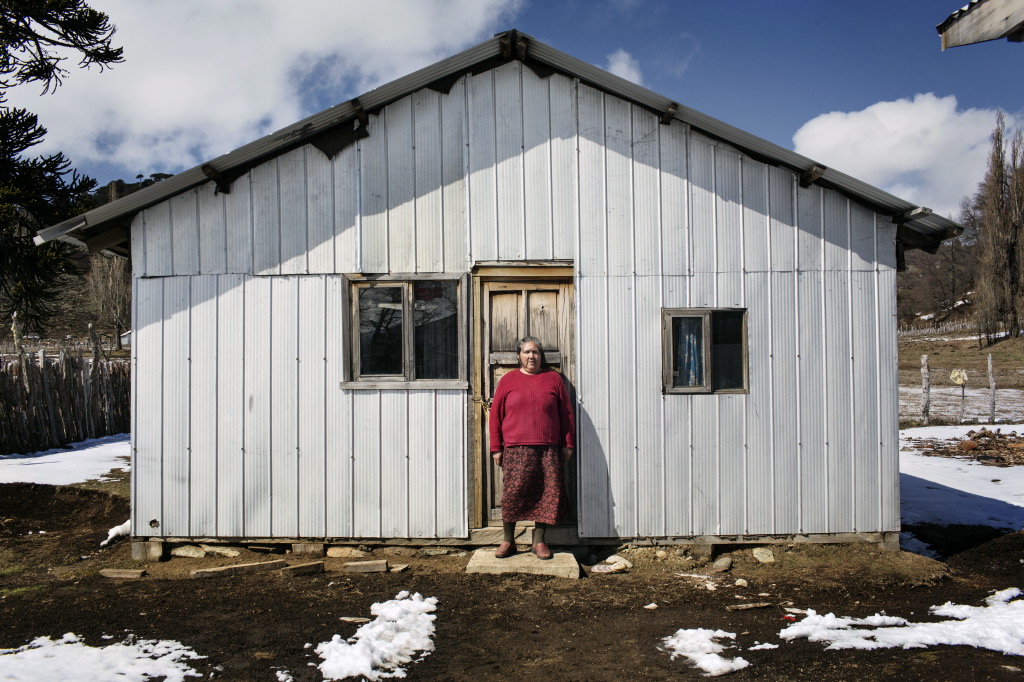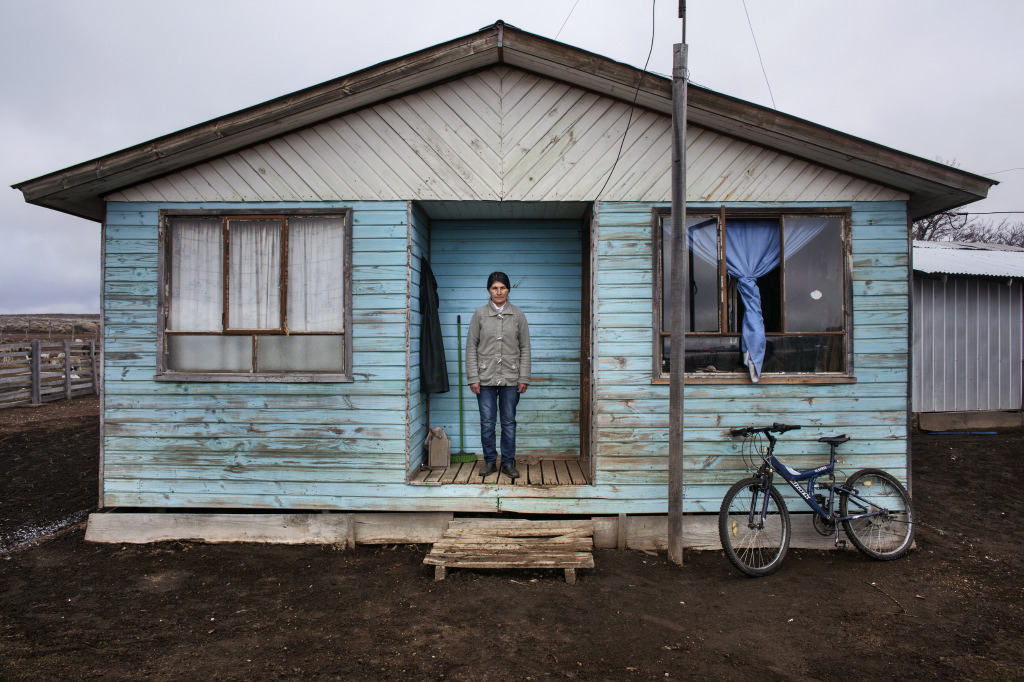X
The history of the Mapuche people is unique in Latin America. From the beginning of the conquest, they opposed a fierce resistance to the Spanish weapons to the point that Madrid decided to grant the Mapuche as independent territory, recognized by a bilateral treaty, the huge strip of land that extends from the Bio Bio river to the South of the current Chile. But with the birth of the national republics, at the end of the nineteenth century, which violated the treaties, the Mapuche began to lose control of their territory. Since then, the economic consortia and the Chilean oligarchies have consistently carried out an action of depredation and depletion of the ecosystem and natural resources, subtracting the homeland to the Mapuche. The military regime of Pinochet further aggravated the controversy by supporting the great landowners. The Mapuche people today live in conditions of utmost poverty, in isolated and unproductive lands, in the region of Araucania. The land taken from the Mapuches has been deforested and the native tree species have been replaced by the intensive cultivation of eucalyptus to make cellulose pulp and to export the raw material, especially to China. The balance of the ecosystem has been undermined; the eucalyptuses absorb too much water and have drained all water resources of this area forcing the natives to move to the mountainous regions. The same fate occurred to those who suffered from the damage caused by the construction of the Ralco hydroelectric plant, because the dam forced the Bio Bio River to overflow, flooding the valleys where the Mapuches used to live. A cruel destiny wants these “people of the Earth”, this means Mapuche in their native language, to survive thanks to a subsistence economy based on the sale of goats and cows. The feistiness of the past got paralyzed when the anti-terrorism law came into force as it provides up to three years of preventive prison awaiting trial. Mapuche means “people of the land” in their native language. Ironically the Mapuches are fast becoming a people with no land. The reportage by the photographer Luca Catalano Gonzaga in the rugged region of Aracuania, describes the isolation and poverty of these proud people portrayed in their daily lives and in the intimacy of their homes. (text by Luca Catalano Gonzaga).
